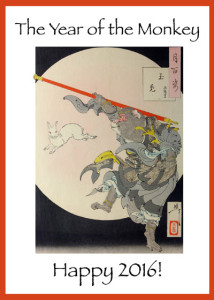How technical does a technical project manager need to be?
I was asked this question recently. Below is my unedited response — What do you think? Do you agree? Did I miss the mark? Feedback on this is welcome!
The skills that make a project manager good, in my opinion, are listening; an ability to connect and interact collaboratively with others; an ability to understand issues & situations quickly; the ability to clarify, to get to the simplest level possible on an issue; the ability to prioritize — or facilitate prioritizing — to communicate those priorities both to business and to your team; the willingness to reach out for knowledge or help; the willingness to look to and depend upon the expertise of your team; the awareness required to know, or know when to ask, when a team member needs help or learning; the wherewithal to find resources in support of the needs of your team; and the ability to make a decision and defend it when required. My experience says possessing those skills can allow an individual to manage a technical project, a production project, even a construction project.
There is depth of knowledge and complexity within any project or industry — I would argue that it is definitely an advantage, as a Technical Project Manager, to be technically adept, to have experience working with, understanding, and learning the processes and tools of the technology, in this case, application development. But lack of these need not be an obstacle to a well-skilled and experienced project manager, as listening, learning, and individual interactions are, in my opinion, the primary requirements for success.
For my part, I happen to have the technical acumen and experience. But I have been willing, and successful, in coaching the non-technical in project facilitation around technical projects, for instance, online course development. My Project Facilitators have no idea how the technical work gets done in the development of an online course, but they are very good at working with the team on goals, impediments, and moving the project forward. I don’t think their being experienced in the intricacies of instructional technology would mark any improvement in their performance. Likely, it could be an obstacle, as they might spend more time debating approach then facilitating solutions for those who are experienced in the technology!



Recent Comments